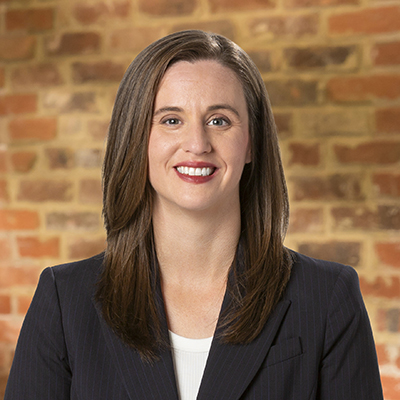As personal injury attorneys, our primary goal is to obtain full and fair compensation for our clients. While most claims settle without the need for litigation, some cases do end up going to trial.

Why do some cases go to trial, rather than settle?
Factors influencing settlement can include the degree of property damage, liability disputes, delays or gaps in treatment, and complex prior medical histories.
Occasionally, cases do not settle simply because the insurance company refuses to “do the right thing,” i.e., make a fair and reasonable settlement offer, regardless of the facts of the case.
Why is this? The harsh reality is that insurance companies are not in the business of “doing the right thing” – they are in the business of making money. In these situations, there is only one way to force insurance companies to pay full and fair compensation for your case: filing a lawsuit.
What to know if you are going to trial
When faced with the prospect of going to trial, most clients are hesitant and intimidated by the process. Usually, this unease stems from an unfamiliarity with the courts system and not what the litigation process entails.
This blog post is designed to shed light on some of these “unknowns.” Walking you through the first step of the litigation process will help determine which court is right for your case.
General District Court vs. Circuit Court
If your case goes to trial in Virginia, there are two different state courts where your case can be filed – General District Court (GDC) and Circuit Court. The court you choose largely depends on the amount of damages sought. This section outlines the major differences between the two, as well as the costs and benefits of both.
General District Court:
- This court can hear cases where the amount sued for is less than $50,000.
- The trial process is relatively informal, with no jury.
- The judge will hear the evidence and make a decision on the case.
- A major benefit of a GDC case is that the cost to try these cases is low because the expenses mainly come from the filing fee and requesting medical records and bills via affidavit.
- The medical evidence is presented via sworn affidavit & medical records and reports from treating provider(s).
- For more information about Virginia general district courts, click here.
Circuit Court:
- This court can hear cases where the amount sued for is greater than $50,000.
- The trial process is more formal, with a jury.
- The jury will hear the evidence and make a decision on the case.
- The medical evidence is presented through testimony from treating medical provider(s) (e.g. doctors or specialists) who either appears live at trial or has their testimony pre-recorded and played at the trial.
- For more information about Virginia circuit courts, click here.

For a more detailed analysis of the two court systems, click here (but remember that GDC limits were increased to $50,000 in July 2021).
Individuals have the right to pursue their personal injury cases in either General District or Circuit Court if settlement negotiations fail. However, careful consideration should be given when deciding which one should handle the case, given the relevant costs and benefits associated with each.
No matter which court your case is filed in, an unfortunate reality of the litigation process is that it takes time. Litigation can be expensive. In general, it may be less costly and easier to file a claim in GDC, as the court proceedings are usually shorter and medical evidence can be presented without the need for a doctor’s live testimony.
This can be attractive to plaintiffs, as they will resolve their cases quicker and more cheaply than filing in Circuit Court. However, as stated above, there is an important caveat: GDC only allows for damages up to $50,000. Thus, if more significant damages are sought, then Circuit Court would have jurisdiction over the matter.
As always, it’s recommended that you consult with a personal injury attorney as soon as possible after an accident. This is to ensure that your rights are protected, evidence is secured within the statute of limitations, and that you receive the compensation you deserve. With experienced legal counsel by your side, you can rest assured that a successful outcome from your personal injury case is within reach.
If you have been injured in an accident through no fault of your own, contact the experienced personal injury lawyers at Allen & Allen. At no charge to you, we will discuss your unique situation. For a free consultation, call 866-388-1307.



